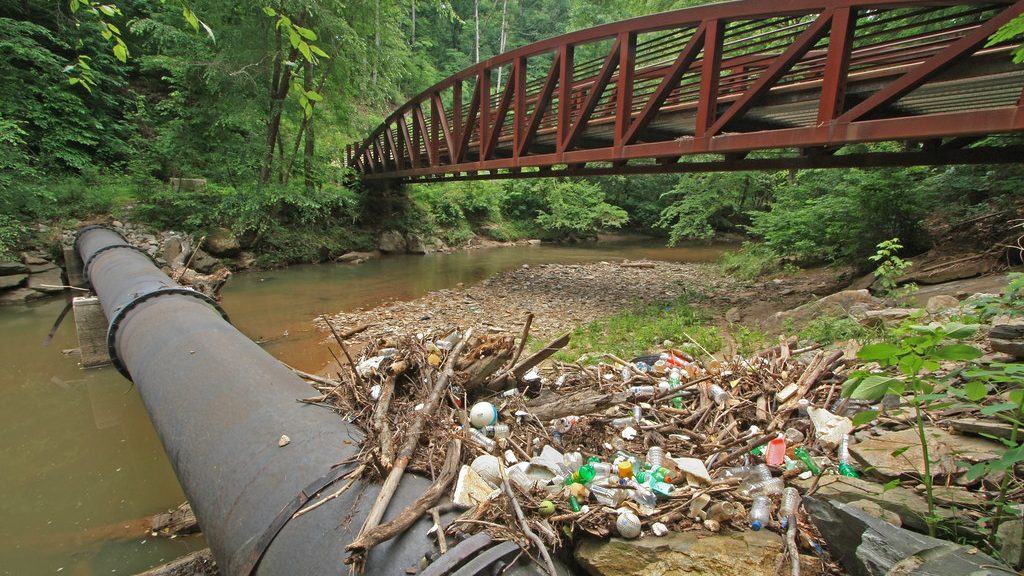Effects of Urbanization on the Conservation Value of Forests

Principal Investigator: Steven Frank, Department of Entomology and Plant Pathology, NC State University
Proposed Project Completion: October 2020. This project has now been completed.
Implements Science Plan Theme: Impacts
Overview
Urbanization in the Southeast U.S. is among the fastest in the nation, and represents a primary threat to threatened and endangered species. As urbanized areas expand, they are encroaching on preserved areas, like national wildlife refuges, and are dividing forests into smaller fragments. Forests that are located next to cities and suburbs are exposed to high temperatures, pollution, insect pests, invasive plants, and other factors that threaten forest health. However, forests located within urban and suburban areas – “urban forests” are capable of supporting diverse plant and animal life, and could play an increasingly important role in conservation as urbanization continues.
Little is currently known about how specific aspects of urbanization, such as higher temperatures and pollution, affect the quality of forests as habitat for plants and animals. This project will synthesize information on how these factors affect urban forest habitat quality, identify knowledge gaps that impede forest management, and propose future research directions to fill those gaps. Specifically, researchers will review scientific literature to address the following questions: (1) How do factors such as heat and pollution from light, noise, and chemicals, affect forest quality for different plants and animals?; (2) How do factors such as tree pests and invasive plants and animals affect forest quality for different plants and animals?; and (3) How does urban forest size and spatial arrangement interact with these factors to affect forest quality?
The U.S. Fish and Wildlife Service faces unique challenges in managing urban forest resources, particularly threatened and endangered species, in the rapidly urbanizing Southeast. The results of this project will provide information on the role that urban forests can play in achieving conservation goals, ultimately supporting the Department of the Interior in preparing for the unique challenges of this growing resource and identifying existing knowledge gaps so that funds can be directed towards answering the most crucial questions. This project supports Secretarial Priority 1a by increasing knowledge about urban forests and their management, identifying gaps in scientific knowledge, and determining where new research is needed to improve science-informed management.
